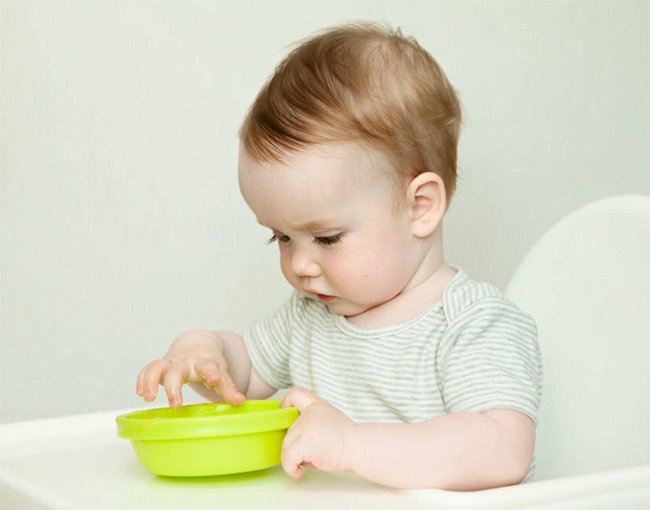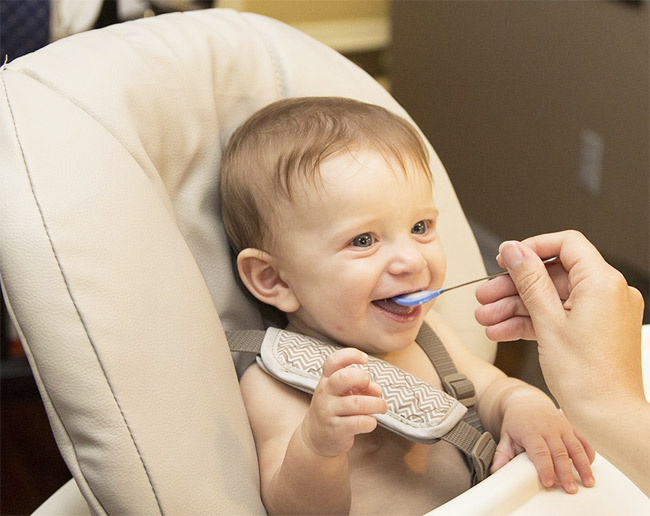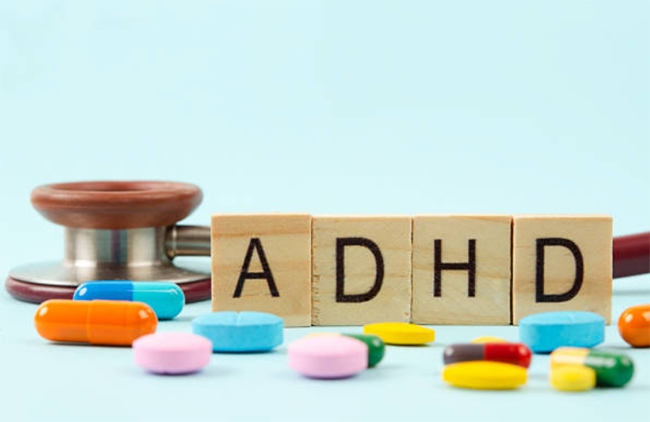Common Allergenic Foods
Cow’s milk, egg whites, peanuts and tree nuts, fish, shellfish, soy, and wheat are the most common allergenic foods for babies. Traditionally, experts have recommended waiting to feed babies any food that may cause a food allergy. Some recent research, however, has found that introducing babies to allergenic foods early on may actually protect them from ever developing an allergy. You may want to talk with your pediatrician before introducing your child to a typically allergenic food.
Symptoms
Symptoms of food allergies from mild to severe, can present immediately or hours after eating. They may show up every time baby eats the allergenic food, or just if he has a lot of it. Food allergies can also develop over time. A baby is at a higher risk of developing a food allergy if his parents or siblings have the same food-related problem. If you are worried that your baby could have food allergies, talk with your doctor.
You can tell your baby is having a mild allergic reaction if he gets diarrhea or a rash, has a noticeable increase in gas, or is extremely fussy during or after he eats. If your baby has one of these symptoms, stop feeding him solids and try to relieve his symptoms. Offer to nurse if you are breastfeeding. Once baby is feeling better, think about the foods you have fed him in the past few days. Don’t feed him anything that you suspect could be the cause of the allergy, and talk with your doctor.
If your baby gets hives, has facial swelling, or trouble breathing, he may be having a severe allergic reaction. Call 911 or go to the hospital for immediate medical attention. If your baby has any signs of food allergies, make sure to write it down. We have busy lives and it can be hard to recall exactly what foods have caused allergies or what symptoms developed. Record any suspected food allergies in the food allergy journal
Most Common Signs of Food Allergies in infants
- Face, tongue, or lip swelling
- Eczema or hives
- Rash
- Asthma or sneezing
- Fussiness while eating
- Difficulty breathing or wheezing
- Loss of consciousness in extreme cases
- Diarrhea or vomiting
- Rash around the anus or gassiness
Identifying food allergies in infants is a crucial journey that requires patience, diligence, and the guidance of healthcare professionals. It's a process that, while challenging, allows parents to safeguard their little ones' well-being. Through careful observation, journaling, and open communication with pediatricians, parents can uncover potential allergies and make informed choices about their child's diet.
Remember that early detection and management of food allergies can significantly improve your infant's quality of life, ensuring they grow up strong, healthy, and thriving. Your commitment to their safety and health today will pave the way for a brighter, allergen-conscious future.














